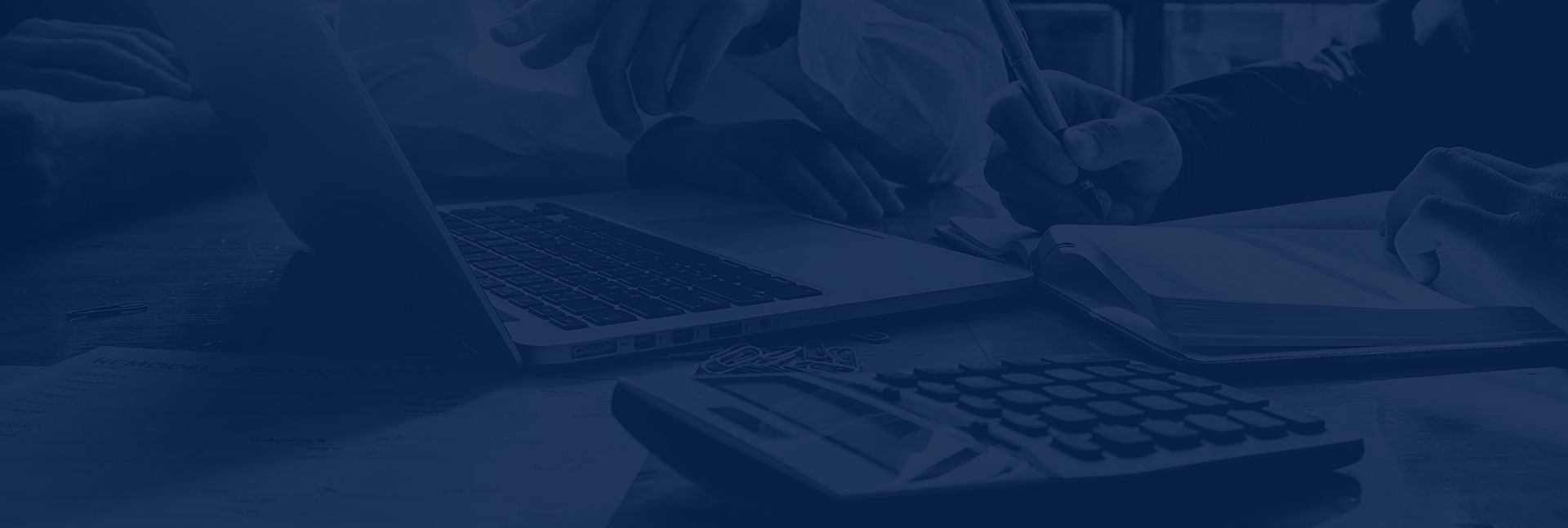Bankruptcy results in the discharge of unsecured debts including consumer debt. So, what is consumer debt, and how can bankruptcy help you get out of it? Read our blog to find out!
What Is Consumer Debt?
Bankruptcy results in the discharge of unsecured debts including consumer debt. So, what is consumer debt, and how can bankruptcy help you get out of it?
Debt and Bankruptcy
Studies show that consumers are responsible for filing more bankruptcies than businesses and major corporations. Consumer bankruptcies are not because of reckless spending or poor credit habits either, rather they are the result of outside factors like the economy.
However, it is important to understand that these factors may negatively impact consumer spending. For example, if inflation is driving up the cost of food, gas, and other necessities, a person may be more inclined to use their credit card more.
One solution used by some is consumer debt. Keep reading for more information.
Consumer Debt Defined
Consumer debt includes loans used for personal consumption. These loans can be extended by banks, the federal government, or credit unions and typically fall under one of two categories:
- Revolving debt
- Non revolving debt
Revolving debt is paid off monthly – similar to credit cards. Non-revolving debt includes a lump sum payment paid off over time with fixed payments like car loans or student loans.
For many people, consumer debt is necessary because other needs cannot be met without it. For example, almost all job postings require applicants to have a college degree. Unless a person gets a full ride, scholarship or covers their education with a patchwork of grants and scholarships, they are probably going to take out at least a few student loans.
Education is one of the leading drivers of consumer debt because it is nearly impossible to find work and/or get higher positions later on. Student loans are seen as a means to an end, but the result can be devastating for some.
Student loans are non-revolving debts which means they represent a lump sum payment paid off over time through fixed payments. Depending on the person and their loan rates, they may only be able to afford minimum payments which means they do not pay off the principle – only interest. This results in the person paying a total amount that is twice as much or more of the principal amount.
This same issue can occur with other debts like car loans or private loans used to pay off medical debt.
Aggravating Factors
Many people face additional hardship when struggling with consumer debt. Some lenders see opportunities to take advantage of unfortunate consumers and offer subprime, predatory loans advertised to help ease the burden of consumer debts. These predatory loans often have high interest rates and impossible loan terms which complicate a person’s financial situation if they cannot pay back the loan.
Often, predatory lenders require consumers to use significant amounts of collateral when signing up for a loan. Many people are forced to use their house or car as collateral and due to the unreasonable loan terms, may lose one or both to the lender if they miss payments.
Inflation also aggravates existing money woes by upping interest rates for borrowers. In other words, if the country is experiencing high inflation, interest rates for car loans, mortgages, and student loans may be significantly higher than the year before. Loan rates that are not locked in can be impacted by this and the interest on existing loans may increase as a result.
How to Get Out of Consumer Debt
Consumer debt is often necessary for survival during difficult times, but it has a higher cost than what most people expect. From predatory lending to inflation-heightened interest rates, paying off consumer debt may seem impossible.
However, there is a legal solution for consumer debt: bankruptcy. Bankruptcy can result in full discharge of most consumer debts from credit card bills to private loans. Once a person files for bankruptcy, the court issues an automatic stay to stop collection on all debts owed by the borrower. This stops predatory lenders in their tracks and ensures that the only point of focus for the borrower is getting rid of their debt.
It is important to note that bankruptcy does often result in the discharge of most debt, it cannot discharge student loans. Because these loans are from the federal government, the bankruptcy court cannot discharge them unless repayment would result in extreme hardship for the borrower.
If you have consumer debt, there is a way out. The Law Office of Seni Popat, P.C. understands how devastating debt can be. Our firm offers a variety of debt relief solutions so our clients can rebuild their financial future.
Contact our firm today for more information.













